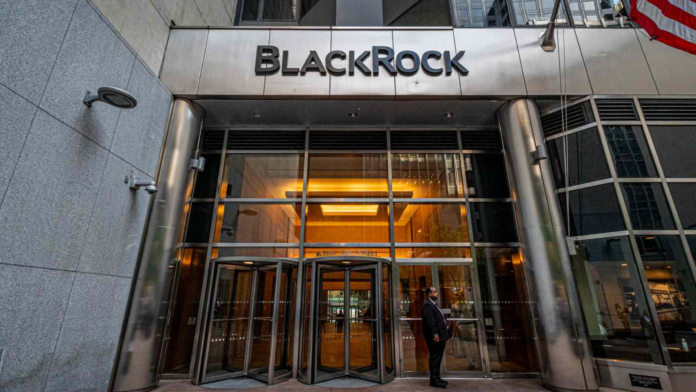In a significant move within the cryptocurrency sphere, BlackRock and Bitwise, two key players in the asset management and crypto investment world, recently submitted revised applications for their much-anticipated spot Bitcoin ETFs to the U.S. Securities and Exchange Commission (SEC). This development comes amidst a flurry of activity and heightened anticipation in the crypto community.
The latest submissions from BlackRock and Bitwise are part of an ongoing dialogue with the SEC, reflecting responses to the regulator’s inquiries. Although specific details of the SEC’s queries remain undisclosed, the updates hint at a robust back-and-forth aimed at addressing potential regulatory concerns.
What stands out in BlackRock’s revised filing is the breadth of amendments made. The update encompasses a range of elements, from the ETF’s structural aspects to risk disclosures, and even considerations regarding international regulatory environments, particularly in the UK and EU. In essence, BlackRock’s approach appears to be a comprehensive effort to align their product with the stringent standards of the SEC, thereby bolstering its chances for approval.
The broader context here involves not just BlackRock and Bitwise but also other significant applicants like Fidelity, Franklin, and WisdomTree. The expectation is that these firms will soon follow suit with their own amended filings, a sign of the collective push within the industry towards the realization of a spot Bitcoin ETF.
The potential impact of the SEC’s upcoming decision, slated between January 5th and 10th, cannot be overstated. With analysts from Bloomberg projecting a high likelihood of approval, the cryptocurrency market could be on the cusp of a transformative event. A green light for one or more spot Bitcoin ETFs would not only legitimize the crypto asset in the eyes of many traditional investors but also pave the way for an influx of institutional capital into the space.
This situation, however, is not without its complexities. The range of amendments, particularly in BlackRock’s case, illustrates the intricate balancing act required to navigate the evolving regulatory landscape. These amendments serve as a reminder of the challenges inherent in harmonizing innovative financial products like Bitcoin ETFs with existing regulatory frameworks.
For investors and crypto enthusiasts, the unfolding developments around these ETF proposals are a clear indicator of the growing intersection between traditional finance and the burgeoning world of digital assets. As the SEC reviews these amended applications, the decision will likely serve as a barometer for the future of cryptocurrency integration into mainstream financial markets.
In summary, the recent moves by BlackRock and Bitwise mark a pivotal moment in the quest for Bitcoin ETF approval. With the SEC’s decision looming, the crypto community watches with bated breath, hopeful for a positive outcome that could potentially reshape the landscape of crypto investment.















